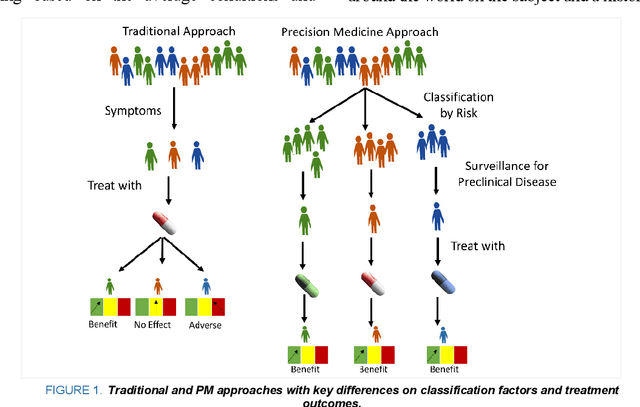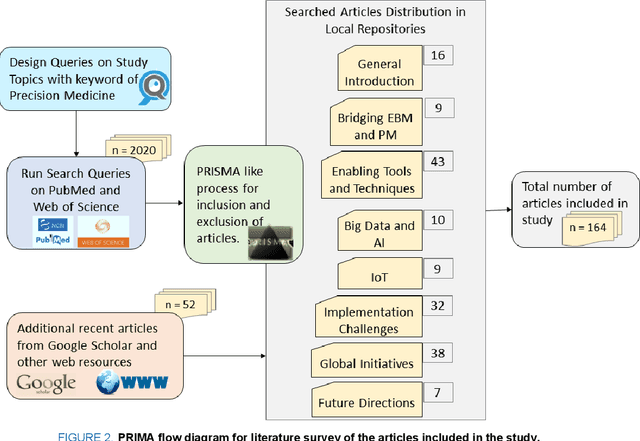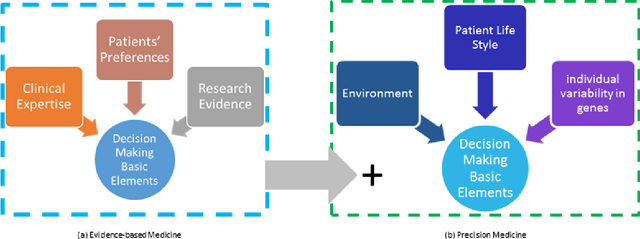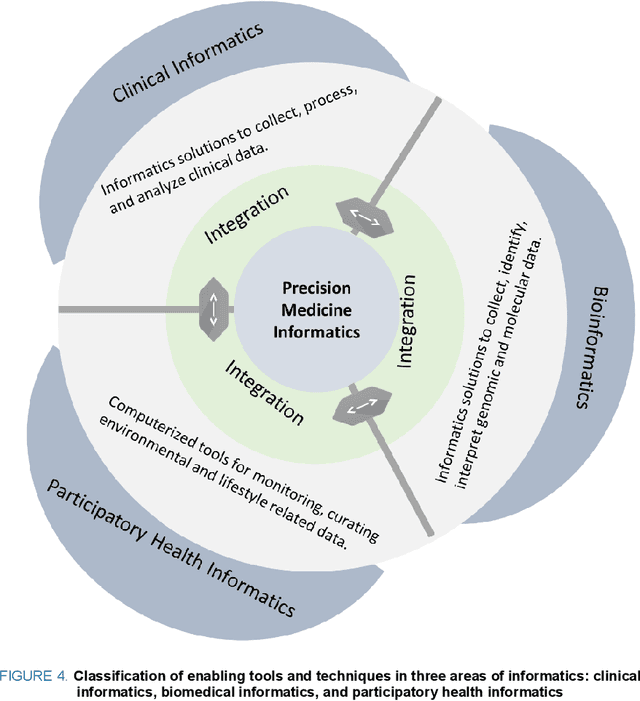Muhammad Afzal
Vacuum Spiker: A Spiking Neural Network-Based Model for Efficient Anomaly Detection in Time Series
Oct 08, 2025



Abstract:Anomaly detection is a key task across domains such as industry, healthcare, and cybersecurity. Many real-world anomaly detection problems involve analyzing multiple features over time, making time series analysis a natural approach for such problems. While deep learning models have achieved strong performance in this field, their trend to exhibit high energy consumption limits their deployment in resource-constrained environments such as IoT devices, edge computing platforms, and wearables. To address this challenge, this paper introduces the \textit{Vacuum Spiker algorithm}, a novel Spiking Neural Network-based method for anomaly detection in time series. It incorporates a new detection criterion that relies on global changes in neural activity rather than reconstruction or prediction error. It is trained using Spike Time-Dependent Plasticity in a novel way, intended to induce changes in neural activity when anomalies occur. A new efficient encoding scheme is also proposed, which discretizes the input space into non-overlapping intervals, assigning each to a single neuron. This strategy encodes information with a single spike per time step, improving energy efficiency compared to conventional encoding methods. Experimental results on publicly available datasets show that the proposed algorithm achieves competitive performance while significantly reducing energy consumption, compared to a wide set of deep learning and machine learning baselines. Furthermore, its practical utility is validated in a real-world case study, where the model successfully identifies power curtailment events in a solar inverter. These results highlight its potential for sustainable and efficient anomaly detection.
Precision Medicine Informatics: Principles, Prospects, and Challenges
Nov 04, 2019



Abstract:Precision Medicine (PM) is an emerging approach that appears with the impression of changing the existing paradigm of medical practice. Recent advances in technological innovations and genetics, and the growing availability of health data have set a new pace of the research and imposes a set of new requirements on different stakeholders. To date, some studies are available that discuss about different aspects of PM. Nevertheless, a holistic representation of those aspects deemed to confer the technological perspective, in relation to applications and challenges, is mostly ignored. In this context, this paper surveys advances in PM from informatics viewpoint and reviews the enabling tools and techniques in a categorized manner. In addition, the study discusses how other technological paradigms including big data, artificial intelligence, and internet of things can be exploited to advance the potentials of PM. Furthermore, the paper provides some guidelines for future research for seamless implementation and wide-scale deployment of PM based on identified open issues and associated challenges. To this end, the paper proposes an integrated holistic framework for PM motivating informatics researchers to design their relevant research works in an appropriate context.
 Add to Chrome
Add to Chrome Add to Firefox
Add to Firefox Add to Edge
Add to Edge